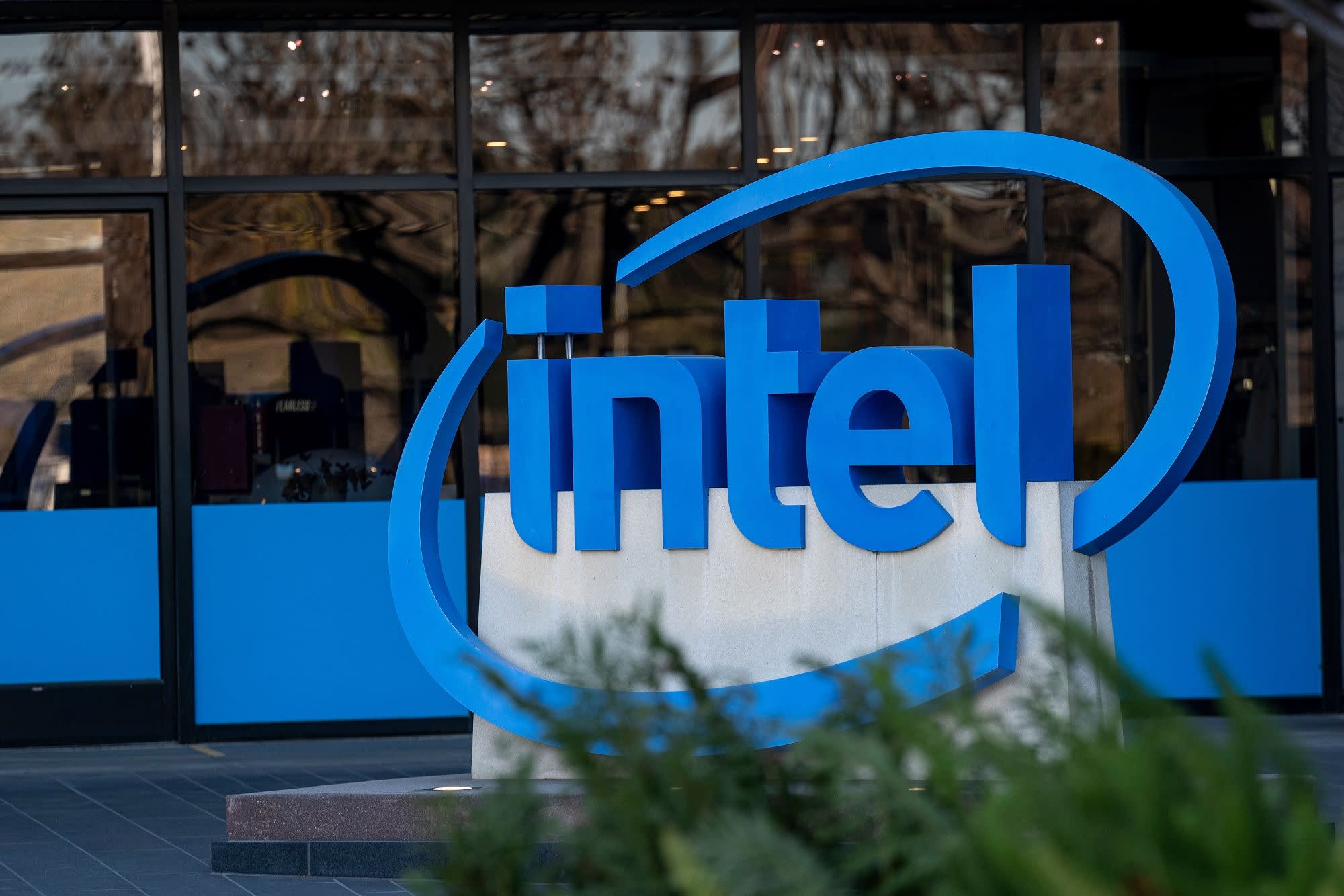- AMD is reportedly in late-stage discussions of a $30B acquisition of fellow chipmaker Xilinx.
- The deal would help AMD bolster its data center offering and expand into industrial business segments.
- Insider Intelligence publishes hundreds of insights, charts, and forecasts on the Connectivity & Tech industry with the Connectivity & Tech Briefing. You can learn more about subscribing here.
The Wall Street Journal reported late last week that AMD was engaged in advanced talks to acquire its competitor in the semiconductor business, Xilinx. Given Xilinx's market cap of around $26 billion, the deal could be worth an estimated $30 billion.
This would add to the spree of megadeals made within the semiconductor industry in 2020: In July, Analog Devices agreed to purchase Maxim Integrated Products for upwards of $20 billion, and Nvidia agreed in September to purchase Arm from SoftBank for $40 billion.
Here's what you should know about AMD, Xilinx, and the upshot of a potential acquisition:
- AMD makes semiconductors that are widely used in consumer electronics and data centers. AMD's chips for consumer hardware are used by the likes of Apple, HP, Dell, and Lenovo, while its data center processors power the cloud computing centers operated by Amazon and Google. The company reported $1.9 billion in revenues for Q2 2020 (ended July 27, 2020), representing a 26% year-over-year (YoY) increase.
- Xilinx specializes in Field Programmable Gate Arrays (FPGAs), semiconductors that can be reprogrammed for specialized enterprise applications including telecom equipment, automotive and aerospace computing systems, and data centers. Xilinx brings in around one-third of the revenue that AMD does—it reported $727 million in revenues for its fiscal Q1 2021 (ended June 27, 2020), representing a 14% YoY decline. Since Xilinx supplies chips for industrial use cases, it was more exposed to the impacts of the pandemic compared with AMD: In its Q1 2021 earnings, Xilinx's Automotive, Broadcast, and Consumer business segment declined 29% YoY, while its Data Center Group reported 104% YoY increase. Trade tensions between the US and China have also hurt Xilinx—before the US imposed sanctions, Xilinx supplied chips to Huawei, which by itself accounted for an estimated 6–8% of Xilinx's total revenues, per The Journal.
- Xilinx could help AMD bolster its data center offerings and expand into new business segments, particularly the more niche industrial segments. AMD and Xilinx have both managed to capitalize on the rise in cloud computing driven by the pandemic. As a combined entity, they would be able to offer a greater range of products to a broader enterprise audience. Xilinx could also help AMD expand further into industrial segments—even though these segments were hit especially hard by the pandemic, Xilinx's CEO Victor Peng said in the company's Q1 2021 earnings call that some segments have "bottomed out," suggesting an impending recovery.
Want to read more stories like this one? Here's how you can gain access:
- Join other Insider Intelligence clients who receive this Briefing, along with other Connectivity & Tech forecasts, briefings, charts, and research reports to their inboxes each day. >> Become a Client
- Explore related topics more in depth. >> Browse Our Coverage
Are you a current Insider Intelligence client? Log in here.
The Link LonkOctober 12, 2020 at 08:42PM
https://ift.tt/310jpr3
What to expect from AMD's potential Xilinx acquisition - Business Insider
https://ift.tt/2ZDueh5
AMD

No comments:
Post a Comment